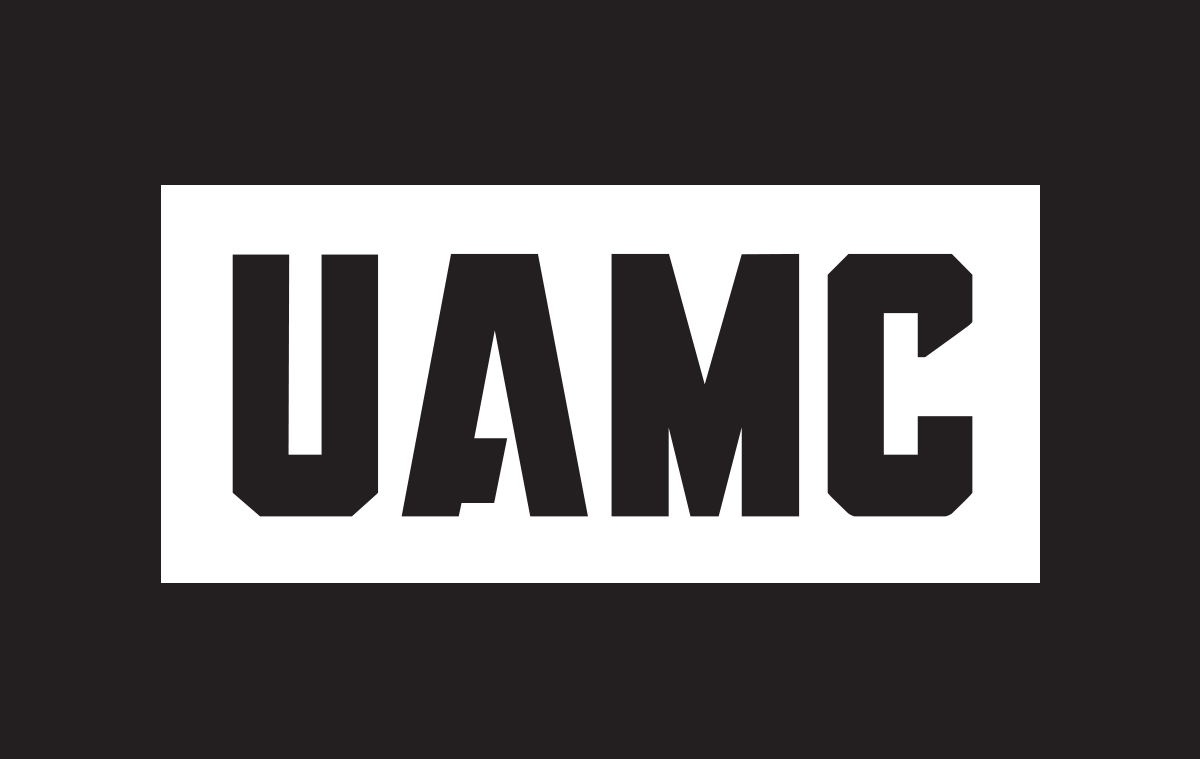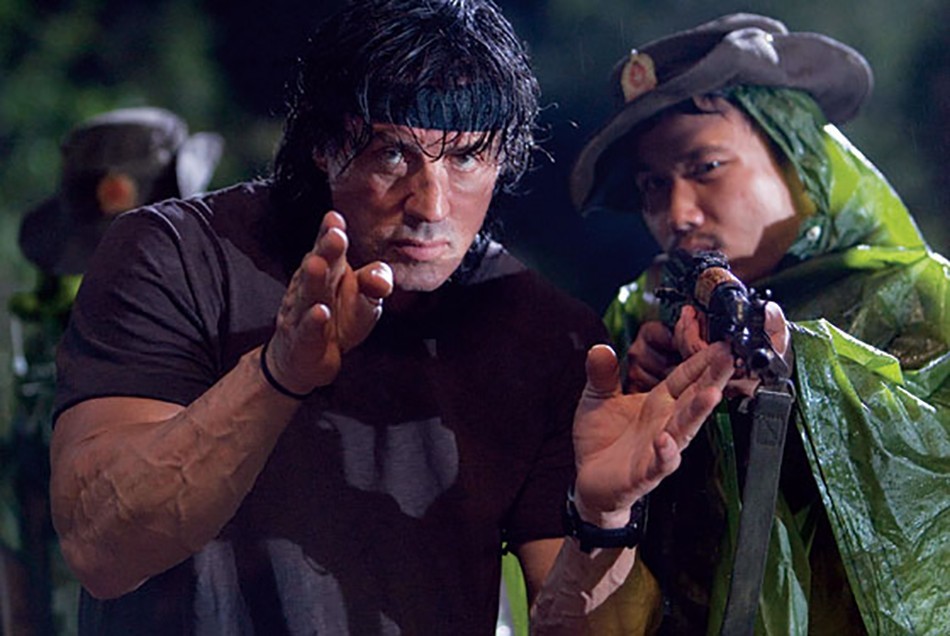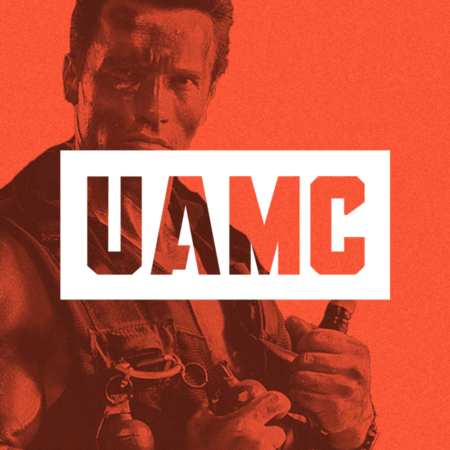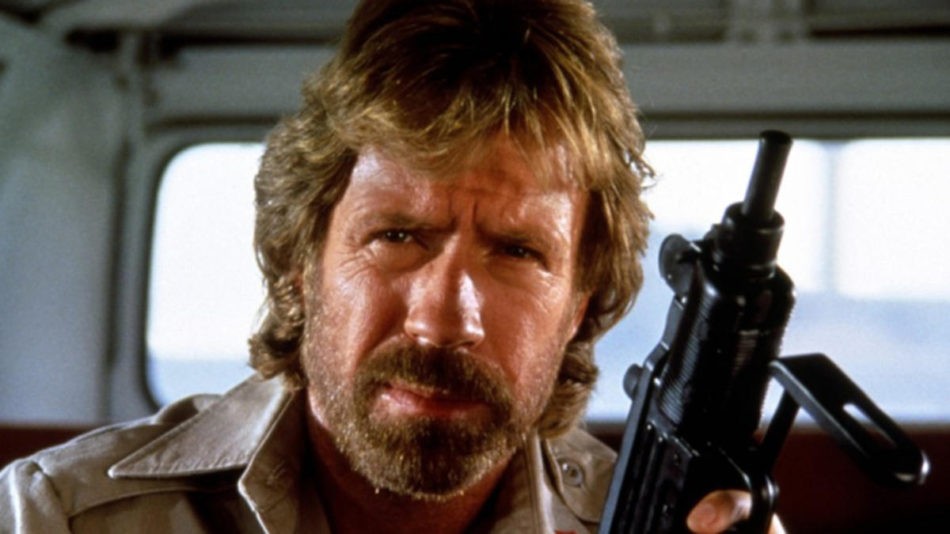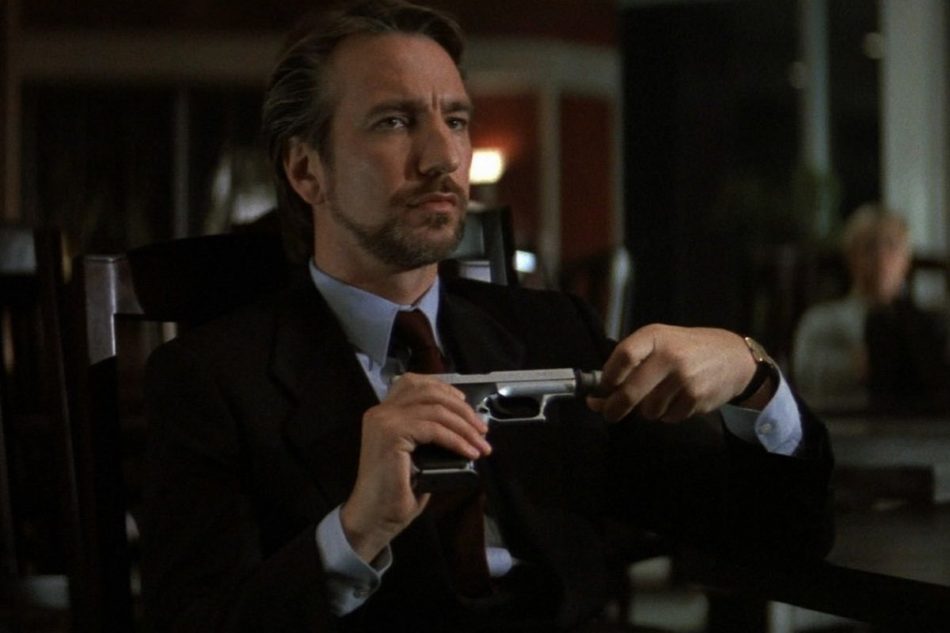“Fuck the world.” – John Rambo, Rambo IV

When Sylvester Stallone revived the Rocky franchise with Rocky Balboa in 2006, questions were then asked of Rambo. What happened? Two years later, Stallone returned as John Rambo in Rambo (Why not Rambo IV?), for what would be one of the most excessive and violent action sequels ever.
Violence comes naturally with the action genre – it’s a key component, after all. When an action film’s violence is severely limited, questions are asked as to whether said film is an action film at all.
On the other end of the spectrum, however, excessive violence – depending on presentation and context – can exceed beyond existing as an action film, and instead, heads in the direction of being something much darker.
The Origins of Stallone’s Rambo Franchise and its ‘First Blood’
The Darkest Rambo Movie
The violence present in the previous and more action oriented, Rambo: First Blood Part II and Rambo III, is cartoonish and contextually appropriate of its time. Released in 1985 and 1988 respectively, they were produced in an era boasting the machine gun likes of Commando, Predator and Die Hard – classic, cheesy, cartoon action.
And we love it. But the violence wasn’t distasteful or obscenely graphic. None of those mentioned are renowned for their respective excessive violence, if any. Instead, they are more renowned for iconic one-liners.
Check it: Here are the Rambo movies ranked!
To summarise Rambo… Whilst living in Thailand, collecting snakes to sell to performers, John Rambo has aged and is a massive grump, essentially. Begged by a team of missionaries to be taken into genocidal Burma, Rambo initially denies his services, but ultimately takes them up river anyway.
Of course, chaos ensues and the missionaries are taken captive by an infantry unit of the former SPDC of Burma. Amid blood, sweat, bullets and ripped throats, Rambo subsequently takes a team of mercenaries up river, later assisting them on their mission.
Rambo Actually Experiencing the Horrors of War

Perhaps the violence within Rambo stands out quite significantly, not solely a result of quantity, but who in fact is getting killed. Long before Rambo goes batshit mental on the baddies, viewers are subject to the killing of over 100 innocent people – unprecedented in the franchise. Never forget: just the one death in First Blood, and that wasn’t Rambo’s fault.
To make things worse with these excessive number of killings in Rambo, however, is the manner of execution and editing of the footage. Children shot in the chest… Countless landmines… Heads shot away… Segments of the trauma appear to be shown within a fast frame rate too, therefore minimising a slow-mo cheesefest, and instead, replacing it with pacy intensity. Ironically, there are also slow-mo sequences during the slaughter of villagers.
Now onto the deaths enforced by Rambo, wow… It seems that the older the character gets, the edgier in vengeance he becomes. From the likes of shooting pirates point blank in the head to RIPPING A THROAT OUT, this representation of Rambo just doesn’t sit right with the previous appearances. Rambo in Rambo is almost a dystopian version of the character. The tactical occurrence of setting fire to and destroying a pirate boat from the night before is another example of craziness produced by Rambo.
If anything, taking the 20 year gap into consideration also, maybe the mindset of Rambo has deteriorated so severely – which looks to be the case – he has genuinely lost the remains of a clearly mutilated moral compass.
Interview: Sheldon Lettich on Bloodsport, Van Damme and Stallone
Re-shaping the Rambo Ultimate Legacy
Ultimately, Is the excessive violence a key component in Rambo’s separation from the previous three films? Of course, the almost-twenty-year gap between the third and fourth instalments of the franchise does explain a lot, but still, there is an ambiance of distance, also present with the likes of Sudden Impact and The Dead Pool with the original trilogy of Dirty Harry films – obviously for other reasons, of course.
There is a consistent notion though, that excessive violence is the first thing to be associated with Rambo. Though that is the immediate association with the fourth film, is it now the general association with the Rambo franchise in general? Generally, Rambo: First Blood Part II and Rambo III are violent, but not excessive nor gory. The one in sufferance from franchise reputation, again, is First Blood.
Article by Dom “I Watched an Action Movie on my Wedding Night” Hastings, check out his personal blog DomonFilm here.
What are your thoughts on Rambo (2008)? Let us know in the comments or on our Facebook page!
